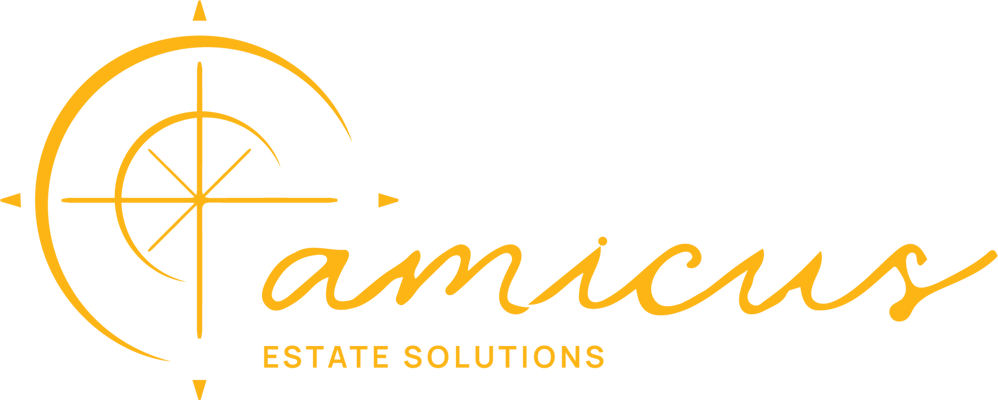Maximizing the Value of Your Inherited Items: What to Keep, Sell, or Donate
Inheriting a loved one's estate can be a bittersweet experience. On one hand, it's a
reminder of cherished memories, but on the other, it often comes with the daunting task of
managing their belongings. Making decisions about what to keep, what to sell, and what to donate
can be a challenging process, but it's crucial to ensure that you maximize the value of the inherited
items while also honoring your loved one's legacy.
At Amicus Estate Settlement Solutions, we understand the complexities of estate management, and we're here to help you every step of the way. In this blog post, we'll guide you through the process of maximizing the value of your inherited items, making it easier to clear the home and prepare it for sale.
1. Start with an Inventory: The first step to managing an inherited estate is to create an inventory of
all the items. This can be a daunting task, but it's essential to assess what you have. Categorize
items, such as furniture, jewelry, collectibles, artwork, and everyday household items.2. Assess Sentimental Value: It's important to recognize that not everything in the estate has to be
sold. Some items may hold sentimental value, and preserving these treasures is a meaningful way to honor your loved one's memory. Identify the items that have sentimental significance and set them aside.
3. Determine Monetary Value: Next, it's time to assess the monetary value of the items. For valuable
assets like antiques, rare collectibles, or high-end furniture, consider seeking professional appraisals
to determine their worth accurately. This step is crucial in deciding what to sell and what to keep.
4. Consider the Market: Research the market to get a sense of demand for certain items. Some
items may be more sought after than others, and this information will help you make informed
decisions about what to sell. Online marketplaces, antique shops, and estate sales are excellent
avenues to consider.
5. What to Keep: The items you decide to keep should be those with sentimental value or practical
use. These could include family heirlooms, meaningful keepsakes, and essential household items
that you or your family can benefit from.
6. What to Sell: Items with significant monetary value should be sold to maximize the estate's value.
Consider hosting an estate sale or selling items online through platforms like eBay or estate sale
websites. Working with a professional estate settlement company like Amicus Estate Settlement
Solutions can also streamline this process and ensure you get the best possible prices.
7. What to Donate: Donating items is an excellent way to give back to the community and contribute to a charitable cause. Everyday items like clothing, kitchenware, and furniture can find new homes through local charities or organizations. Donations can also provide tax benefits, so be sure to keep records for tax purposes.
8. Professional Assistance: Managing an estate can be an overwhelming task, especially during an
emotional time. That's where Amicus Estate Settlement Solutions comes in. We offer a one-stop
solution to help you navigate the process of selling, donating, and clearing the home efficiently. Our
team of experts can handle every aspect, from appraisals to estate sales and cleanouts.
Conclusion: Maximizing the value of your inherited items involves a combination of sentiment,
financial value, and market knowledge. While it may be a challenging process, it's essential to ensure that you honor your loved one's memory while also making the most of the estate. Amicus Estate Settlement Solutions is here to provide guidance and support throughout the entire journey. Contact us today to discuss your estate settlement needs and make the process as seamless as possible

 By
By

.jpg)
